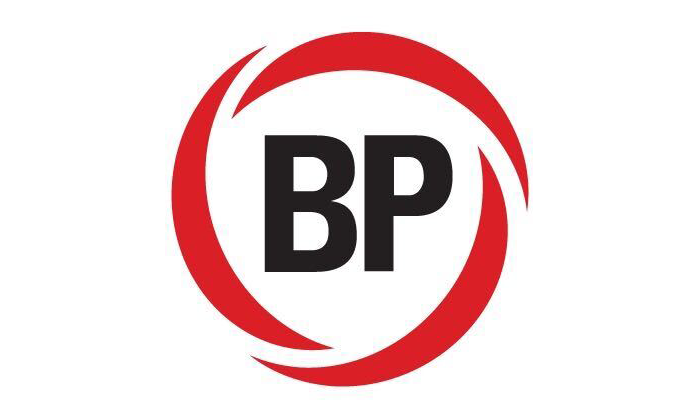
Jo Adell shouldn’t have had to shame us into being better. We should’ve written this column a long time ago.
In a recent article on The Undefeated, Adell called out the scouting community for using coded phrases like “raw,” “toolsy,” and “high-risk” to describe Black players and “high baseball IQ,” “advanced approach,” and “low-risk” to describe white players.
We’ve done that. All of it. Repeatedly.
We call white players gritty and gamers and ballplayers too often. We call Black players athletic and toolsy too often. We nitpick Latinx players’ plate discipline and durability too often. We fall into stereotypes, and we resort to broad strokes—and sometimes even dehumanizing language—when we don’t have anything more insightful to say.
And it doesn’t just show up in scouty jargon. Up until last season we had a makeup box on our eyewitness reports. Those reports are as close to a standard-issue scouting form as we get, and any organization would want their scouts to give their perspective on makeup as part of ordinary coverage.
But from the outside, over a series or two, it’s unreasonable to assume we discern makeup. More often “bad makeup” is a cudgel; vague innuendo at best, rumors you’re dancing around at worst. The same traits that get a white player called “fiery” show up as “emotional” or “out-of-control” for Black or Latinx prospects. Conversely, Black or Latinx players will often be labeled “lazy” or “low effort” when white players doing the same things are labeled “calm” or “laid back.”
We wrote a new Staff Conduct Handbook for our prospect writers before the 2019 season. We included the following passage:
“Please remember that you are commenting — and not always positively — on other humans. Players have feelings and you will sometimes hurt them. Do not be creepy or excessively mean. Assume that the players themselves and their closest friends and family are reading your writing, because they might be.”
It’s a good sentiment, and we hoped it would help avoid the ugly dehumanization common to prospect writing. You’ll hear it when Matt Vasgersian refers to a prospect as “property of,” or a GM talks about the organization’s “cost-controlled assets.” We should always be honest and write what we see—and the vast majority of minor leaguers will not become major leaguers—but our language too often strays into the kind of reductive, balance sheet-type accounting you’d expect from a company that refers to Human Resources as “People Teams.” But we did not include anything in that handbook or in the related Scouting Guide on avoiding racially coded language.
Player comparisons pose a specific problem for us. Too frequently, prospects are comped to players of the same race.
This is wrong. We need to find players who share common on-field characteristics, not players who look the same.
We need to amplify more BIPOC voices in our community. The majority of our prospect staff is white men. We have been discussing how to improve our staff diversity for more than a year now, but we’ve been struggling to actualize it.
Throughout the industry, we need to call out race-related exploitation when we see it. This week, USA Today published in-depth reporting about teams agreeing to early bonuses with international free agents as young as 12. This comes as no surprise to anyone in the prospect-writing industry. These deals are commonly reported on years ahead of time, often not even pretending to couch it in language like “connected to,” just the bland recitation of the team and the bonus number. They are rarely wrong. Well, unless the team decides to back out of the deal in the intervening one-to-four years.
These prospects have no such ability to find a better deal in the interim. Teams do not stick to these deals out of an ethical obligation to do right by a literal child, only to get a good deal or avoid pissing off buscones. Again: these are actual children being exploited, mostly non-white and from lower-income environments.
We haven’t spoken up enough about all of these issues. We’ve pulled punches to avoid conflicts. We’ve ducked uncomfortable topics. We’ve said we were trying our best or doing as much as we could even when not doing nearly enough.
We can and will be better. We will work to eliminate coded language and mitigate our implicit biases in reports and columns; we will update our handbook accordingly. Our player comps should be rare and informative, based on skills rather than race. We need to do better in our hiring processes and foster a more diverse environment. We need to listen more to voices other than ours and speak up when we see wrongs. We need to stop hiding behind our privilege.
We have made it clear that Jo Adell is one of the best prospects in baseball. He’s made it clear that we need to do more than that.
Jeffrey Paternostro is the Lead Prospect Writer at Baseball Prospectus. Jarrett Seidler is the Senior Prospect Writer at Baseball Prospectus.
Thank you for reading
This is a free article. If you enjoyed it, consider subscribing to Baseball Prospectus. Subscriptions support ongoing public baseball research and analysis in an increasingly proprietary environment.
Subscribe now